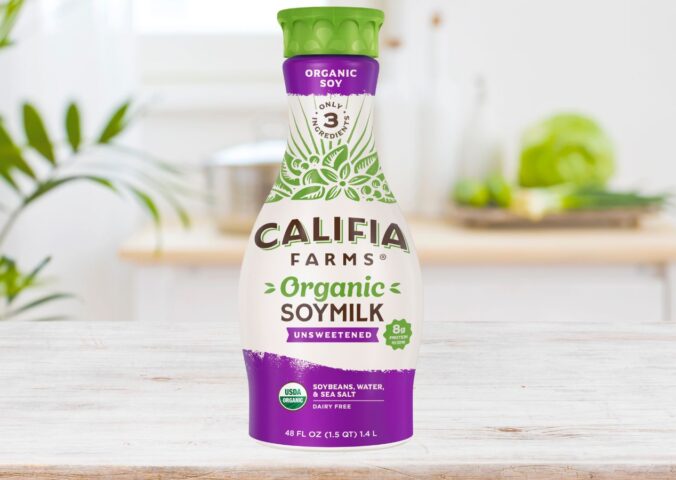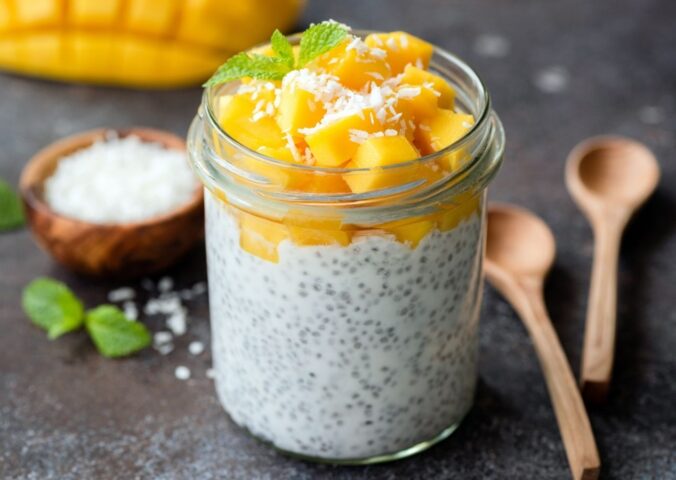Vegan meat is potentially being “unfairly” criticized for being an ultra-processed food (UPF), and some alternative proteins contain fewer artificial ingredients than white bread, say researchers.
FoodNavigator has compared the ingredients found in several of the most popular alternative proteins currently on the market. The team found that the majority of the vegan meat products contained three or fewer artificial ingredients per product, and that most of those additives were stabilisers, regulators, or thickeners, such as methylcellulose.
For context, the team also looked at loaves of sliced white bread and found that some contained four or more artificial ingredients, including preservatives and emulsifiers. While some products had relatively lengthy ingredient lists overall, many of those ingredients are herbs, spices, seasonings, and other common flavorings found in recipes of all kinds.
“Most consumers would probably be surprised to learn that everyday items like sliced white bread, something they see as basic or traditional, often contain more additives than plant-based meats,” Luke Byrne, the innovation director of vegan meat brand THIS, told FoodNavigator. “It highlights a broader issue, how we perceive ingredients based on context and familiarity.”
Read more: Most Americans Wrongly Think It’s Important To Eat Animal Products For Protein
Processed food, vegan meat, and health

Despite a growing body of research that indicates plant-based meat consumption is not associated with negative health outcomes, that alternative proteins are better for human and planetary health, and that existing ultra-processed labels do not accurately reflect nutritional value, people remain worried about UPFs, even when unsure of exactly what they are.
A recent guide, published at the end of May by the Good Food Institute (GFI) and the Physicians Association for Nutrition (PAN International), aimed to explain the topic of UPFs for the benefit of “health professionals and stakeholders in protein diversification,” in particular.
Where does plant-based meat fit in the UPF conversation? highlighted some of the key similarities and differences between plant-based meat and other UPFs. While the guide acknowledged there is “room for improvement” when it comes to nutrient density, it noted that most plant-based alternatives contain comparable protein, more fiber, and less fat than meat.
A scientific journal entry by two leading healthcare professionals published earlier this year noted that a lack of plant-based nutrition education – both among members of the public and within healthcare – is inhibiting adoption. They added that promoting plant-based foods may help tackle the “intertwined crises” of health, biodiversity, social injustice, and climate crisis.
Read more: Plant-Based Meat Cuts Environmental Impact by 89%, Study Finds






